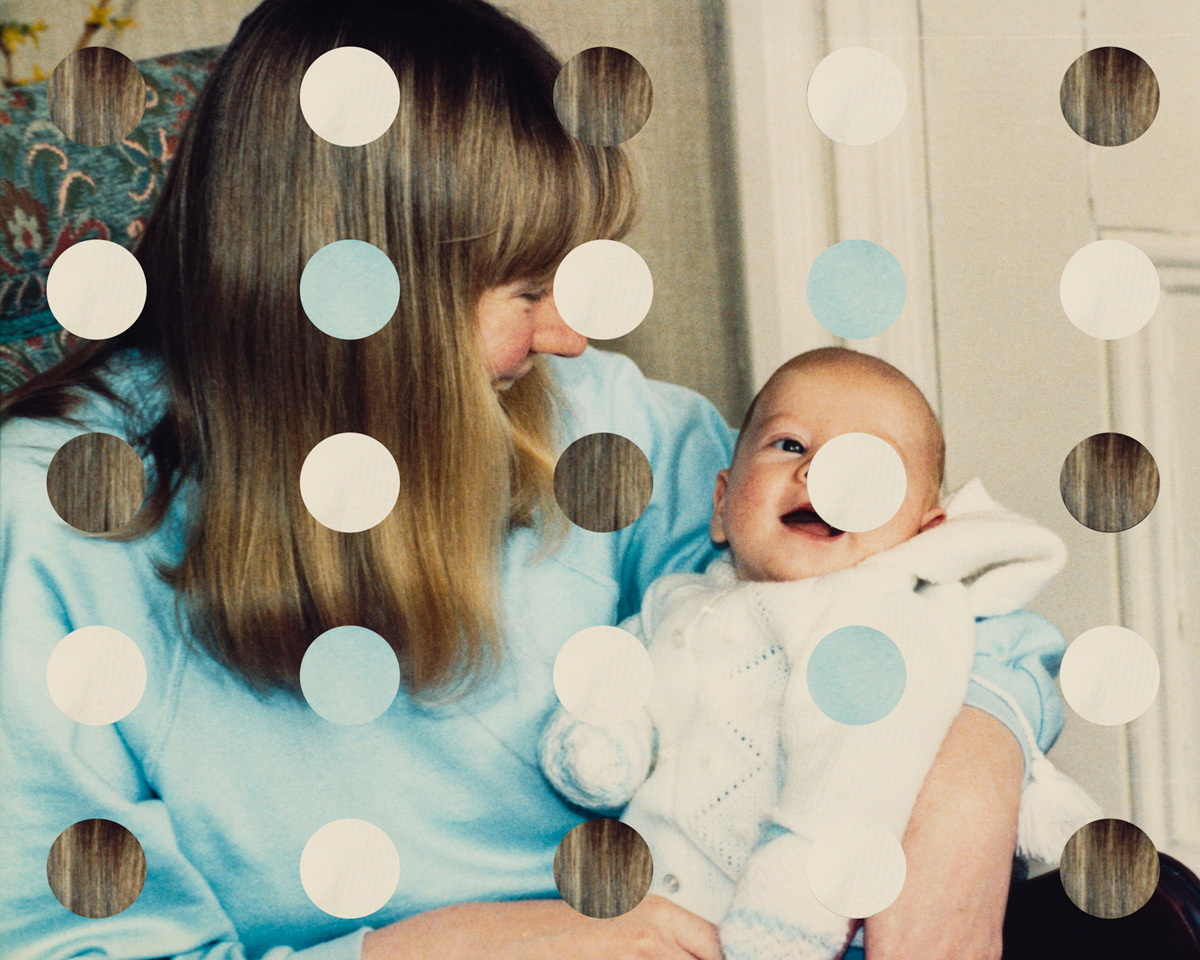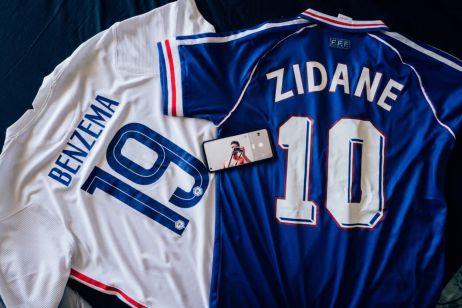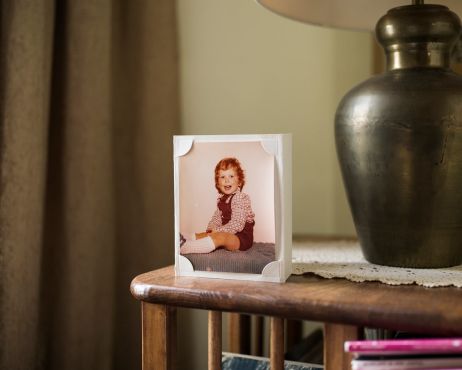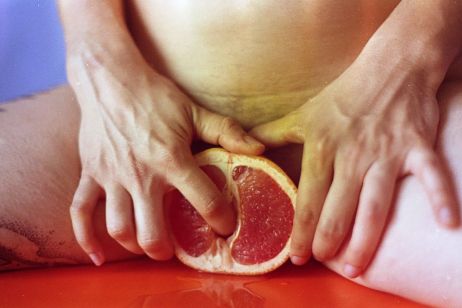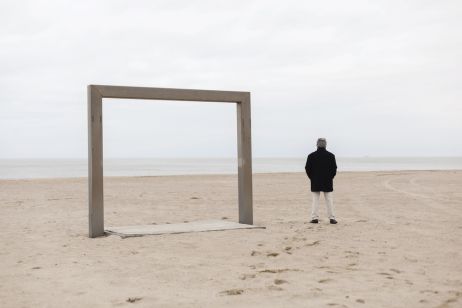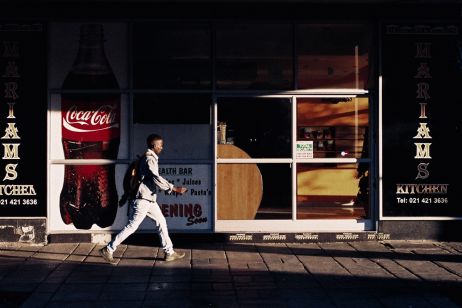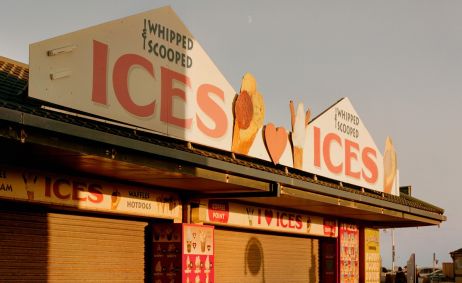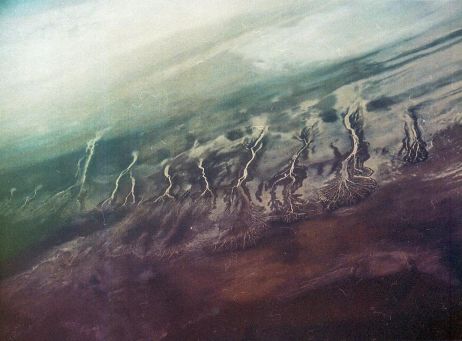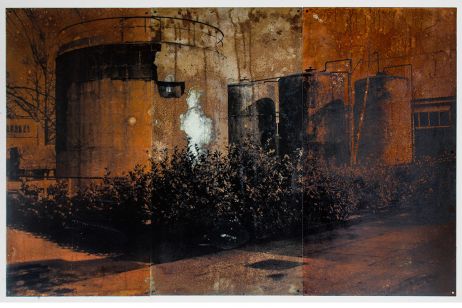Samuel Fordham, a visual artist based in Bristol presented an extremely personal project at Paris Photo Student Carte Blanche. In his series C-R92/BY, he denounces British migration laws separating families – and maybe even his own. Interview
Fisheye: How did you become a photographer?
Samuel Fordham: I have always been a very visual person. When I was a child I would sit for hours and watch images play out in my mind and see myself moving through life as it stood still – like a photograph. I think that feeling has never left me, photography enables me to experience life and time in a way that is not possible without it. I didn’t go straight into image making though. I worked in the dramatic arts and in music during my 20s. It wasn’t until I was 30 that I made the leap of faith to only pursue visual art.
How has your approach evolved?
My practice always starts with a large amount of research as I deal with current socio-political issues, so understanding the context is key to informing the visual language and conceptual approach. I also like to work from the personal, to find universality from the specific of my own circumstances.
From a very early stage I decided I wanted to break free from a signature visual language. Though the photography world seems to enjoy streamlining work into a certain visual aesthetic, if you look to the wider art world it is not uncommon to see a myriad of approaches. I tend to have a deeper connection with works in this mode.
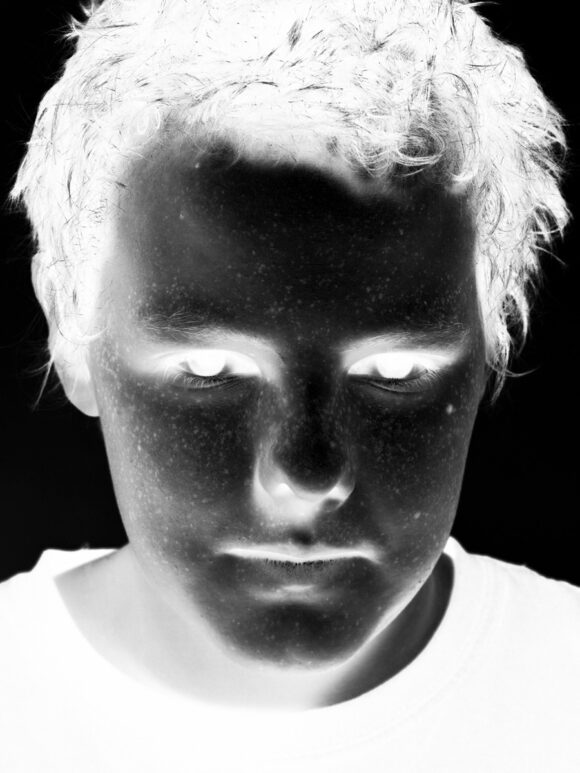
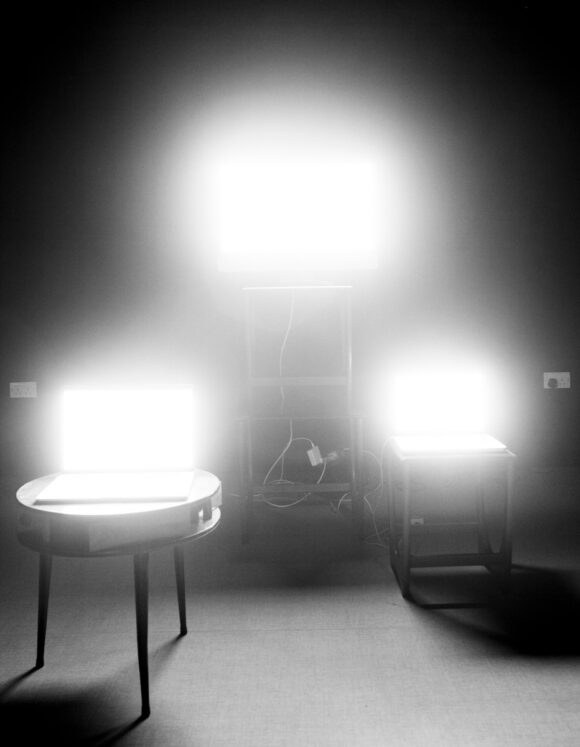
What is your series C-R92/BY about?
C-R92/BY
looks into an issue in the United Kingdom surrounding family migration. Currently, if a UK resident chooses to marry a non-EEA national, there are specific criteria that need to be met to keep the spouse in the country. The most divisive of these policies is called the Minimum Income Requirement. Essentially, if you don’t earn enough money your spouse is deported, you have no right to family life. However, over 40% of the UK’s population wouldn’t meet this income threshold. I came to understand this issue as I married a non-EEA national, and have been working on the project for about 18 months, though it is still ongoing.
So this is a deeply personal project.
It is very personal yes. There is a real chance my wife will be deported if my income is deemed lower than the threshold the government has set and like many of the families I have worked with, we have a child. When I tell British people about this issue, nobody can believe the government is separating parents from their children, but they are, and it must stop.
How did you get in touch with the different people featured in C-R92/BY?
I have worked closely with the campaign group Reunite Families UK, who have a very active membership and are doing amazing things to further the fight against this issue. I am also working closely with the charity Joint Council for the Welfare of Immigrants, who provide aid to immigrants whose rights are being abused. Most people react positively to my offer of collaboration, though as you can imagine many are frightened of speaking out against the government if their case is still pending.
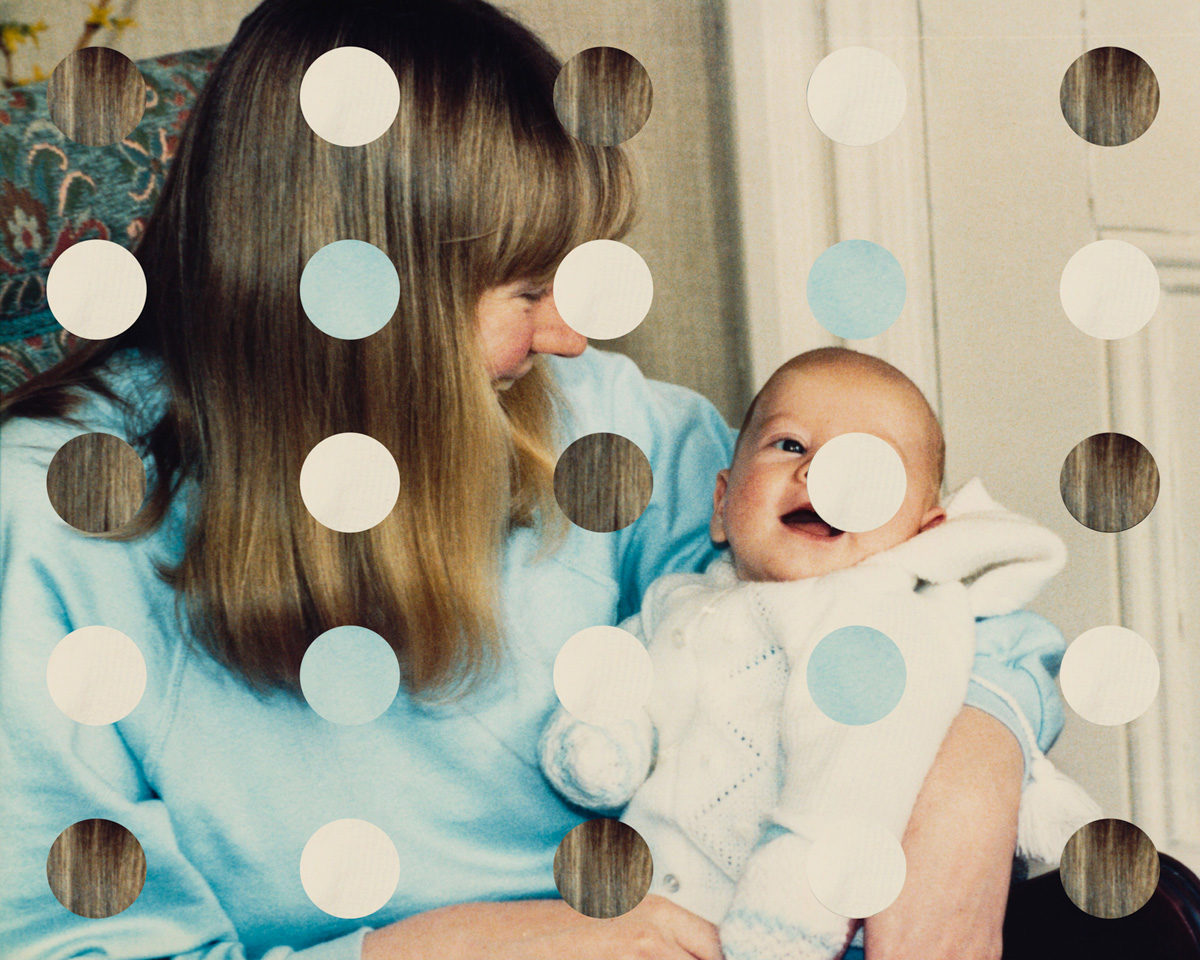
Every image is unique. Could you tell me more about your creative process?
The image I Thought I Would Sit Here and Look Out Over the Fjord for the Last Time, 2018, for example, is meant to show the artifice of the photographic image and question whether we could ever really have a relationship with an image. The dots were created by overlaying part of the visa application form and marking where we had inputted data in the grid on the page. I decided to remove any trace of the visa as it left the reading more open. Ambiguity is something I like to work with.
For One to Two Years My Daughter Had Little Real Contact with Her Father, 2018, is a very dark image. I had for some time been fascinated with the painting of Chris Ofili called Blue Devils, it is an almost monochromatic work that uses a tight range of blues, which makes the image hard to see and requires extended looking. I was inspired by a quote from a father about a child only using the black crayon at nursery and knew that the image, edit and text would be a perfect match.
Were you surprised in the making of this project?
I was genuinely shocked and thrilled to come to understand the strength and resilience of the British public and those that are dedicating all of their free time to fight the cause. Pushing back against a body as large and powerful as the Home Office is not easy, it requires a huge amount of courage and patience.
What did you want to highlight throughout these images?
I wanted to bring attention to this issue, as when the United Kingdom leaves the European Union these rules will apply to every citizen outside of the territory. I also wanted to highlight the reality of forging relationships through images, which outside of this project, we are doing every day, perhaps without thinking of the consequences.
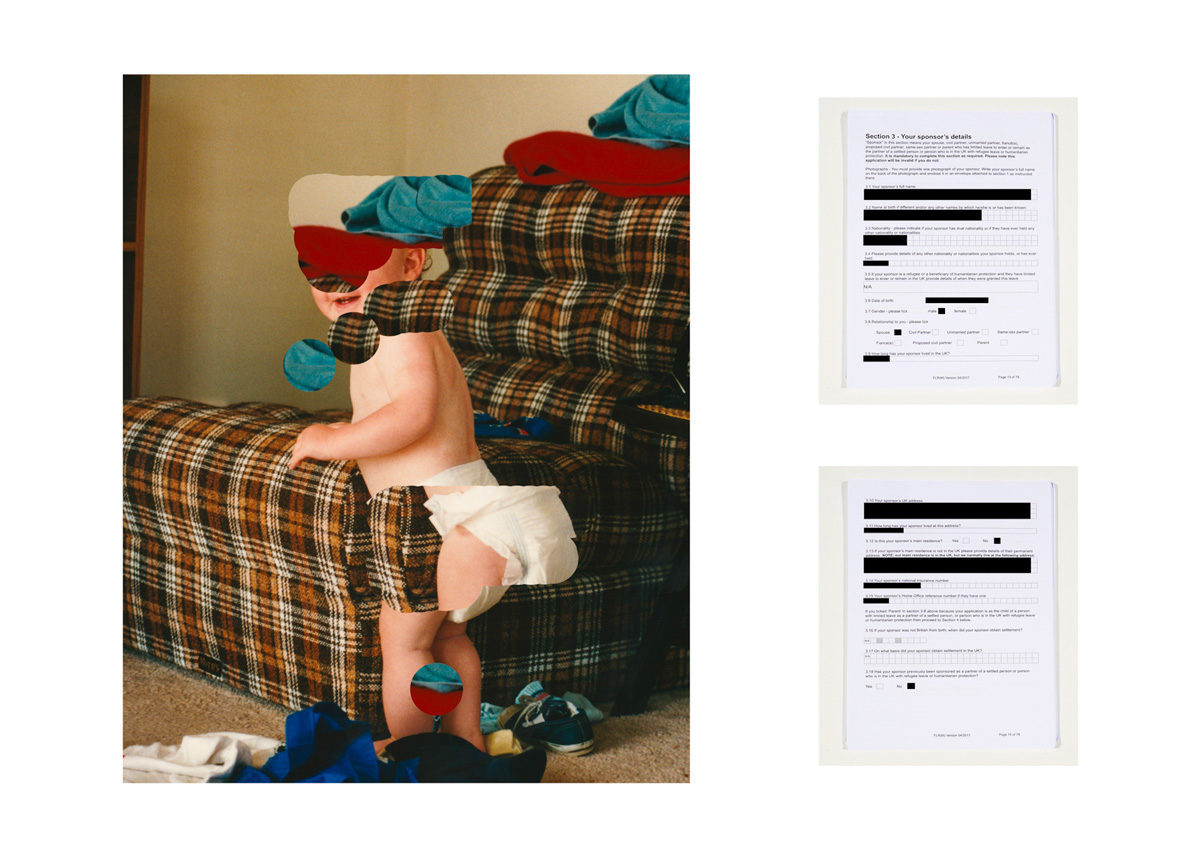
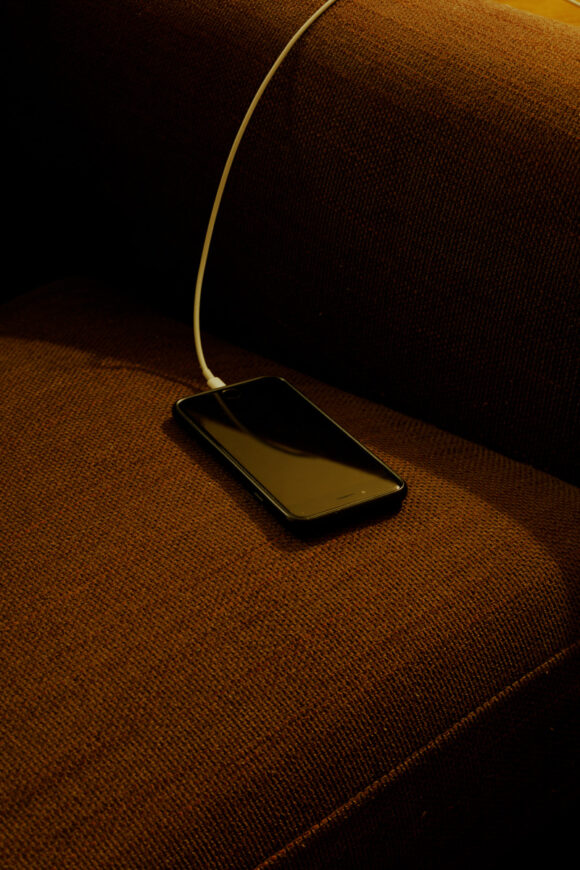
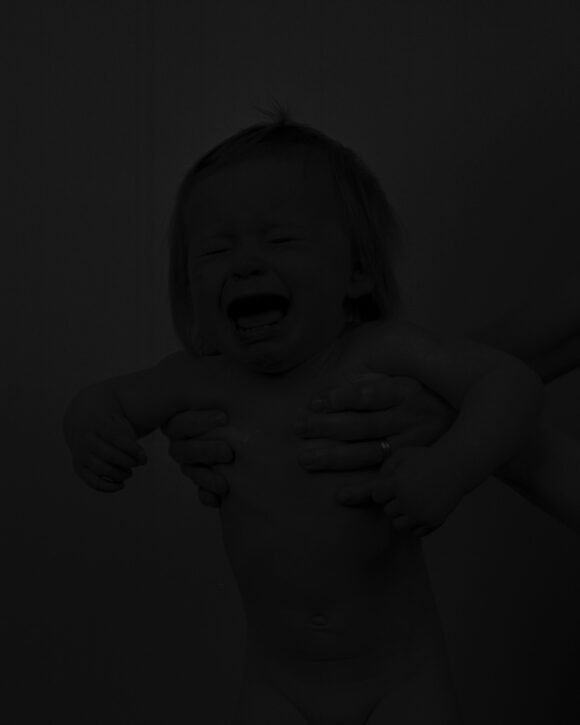
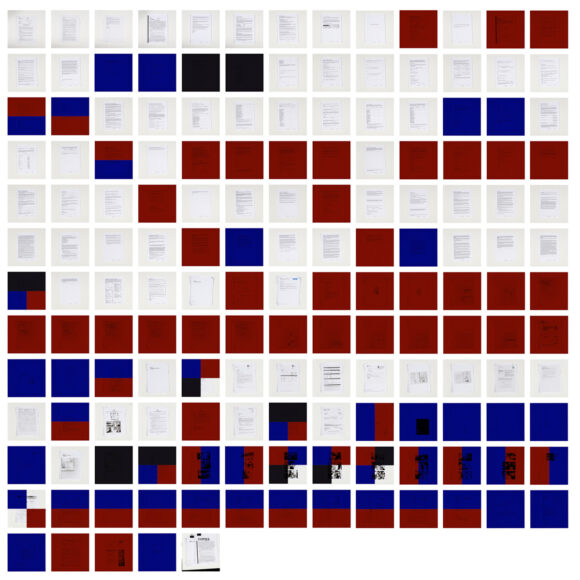
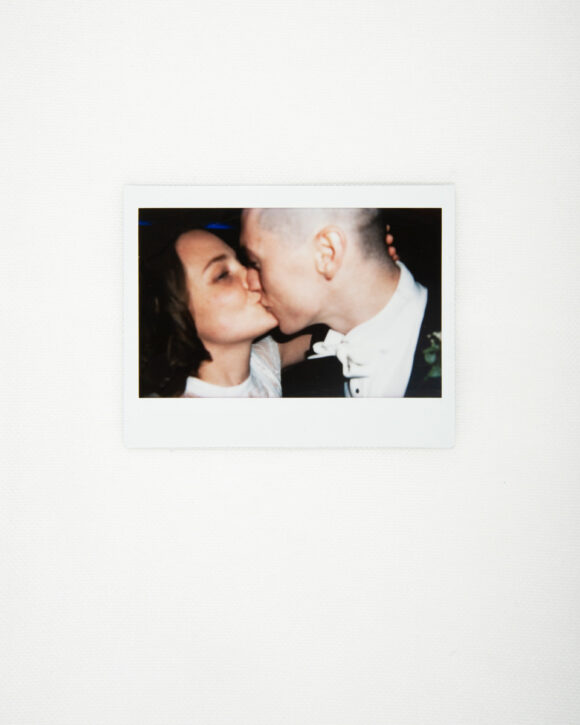
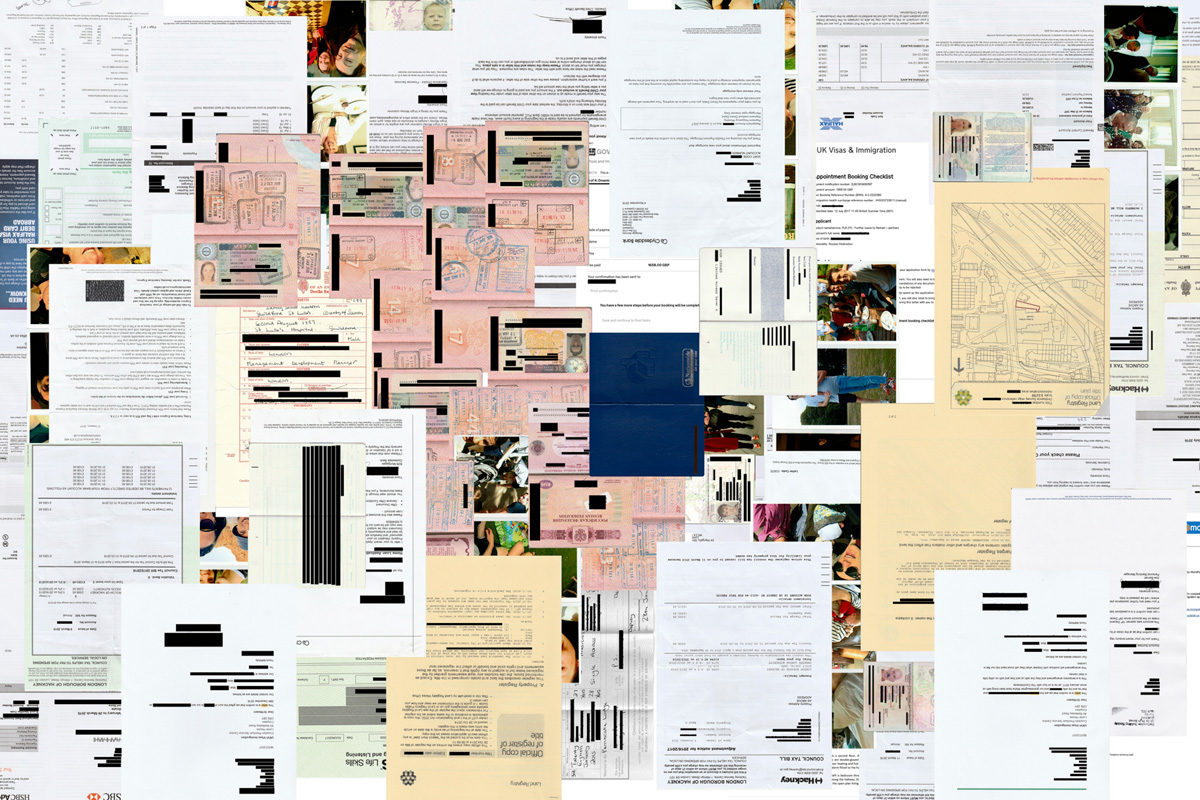
© Samuel Fordham
